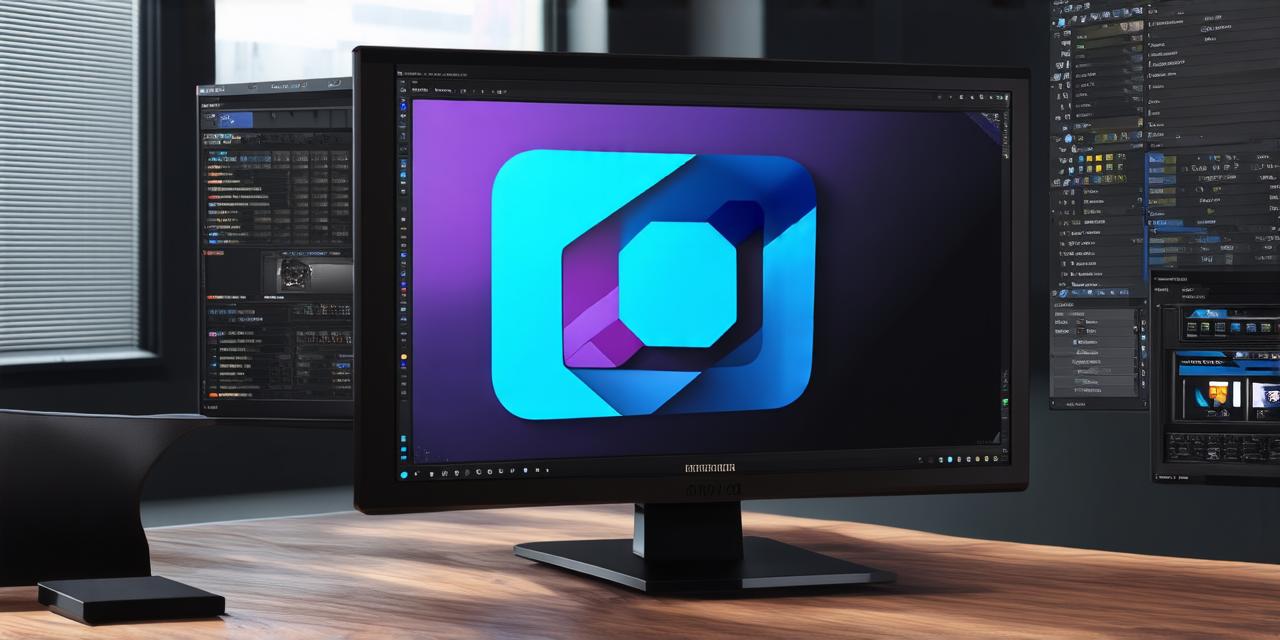Unity is a popular game development platform that allows users to create 2D, 3D, and AR/VR games for various platforms such as PC, mobile, and consoles. Many aspiring game developers are interested in learning Unity, but one common question they have is how long it will take them to become proficient in the software. In this article, we will explore the different factors that can affect the amount of time required to master Unity, as well as some strategies to help you progress more quickly.
Factors Affecting Time to Master Unity
Experience with Programming Languages
Having experience with programming languages such as C or JavaScript can greatly speed up the process of learning Unity. These languages are used extensively in Unity, and knowledge of their syntax and concepts will make it easier to understand how Unity works and what is required to create projects within it. If you have no experience with programming languages, you may need to spend additional time learning the basics before moving on to more advanced Unity topics.
Project Complexity
The complexity of the project you are trying to create can also affect the amount of time it takes to master Unity. Simple 2D projects may take less time than more complex 3D or AR/VR projects, which require a greater understanding of Unity’s advanced features and tools. Additionally, if you are working on a team project with other developers, this can also increase the amount of time it takes to master Unity, as you will need to coordinate efforts and communicate effectively with your teammates.
Learning Resources
The resources available to you for learning Unity can also affect the amount of time it takes to master the software. There are many free and paid resources available online, including tutorials, courses, and documentation. The quality and depth of these resources can greatly impact how quickly you are able to learn and progress in Unity.
Strategies for Faster Mastery
Practice Regularly
The most important strategy for faster mastery of Unity is to practice regularly. This means working on small projects or exercises every day, gradually building up to more complex projects as you gain experience and knowledge. By practicing regularly, you will be able to identify areas where you need to improve and focus your efforts accordingly.
Seek Feedback

Another important strategy for faster mastery of Unity is to seek feedback on your work. This can come from other developers on your team, mentors or peers who are more experienced in Unity, or even online communities such as forums or chat rooms. Constructive feedback can help you identify areas where you need to improve and provide motivation to continue learning and growing as a developer.
Stay Up-to-Date with Unity Development
Finally, staying up-to-date with the latest developments in Unity is crucial for continued growth as a developer. This means keeping an eye on Unity’s official website, following developers and companies using Unity on social media, and attending conferences or workshops to learn about new features and best practices. By staying current with Unity development, you will be able to create more advanced projects and stay at the forefront of the industry.
Summary
The amount of time required to master Unity varies depending on a number of factors, including your previous programming experience, project complexity, and access to learning resources. However, by practicing regularly, seeking feedback, and staying up-to-date with Unity development, you can greatly speed up the process of becoming proficient in the software and create amazing games and other projects.




